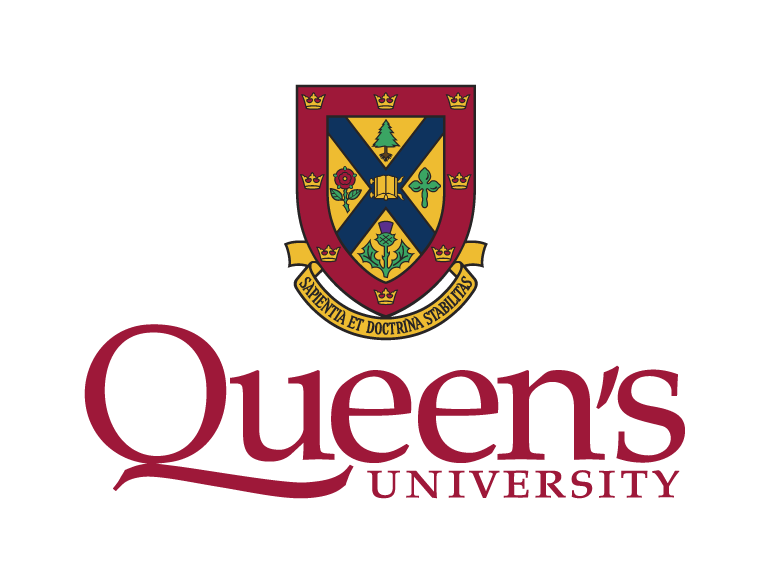The Department of Emergency Medicine at Queen’s University is seeking qualified applicants for Geographically Full-Time academic emergency physicians. Applicants must be certified in Emergency Medicine from the RCPSC or CFPC and be eligible for licensure with the College of Physicians and Surgeons of Ontario. Formal education and experience in clinical or health systems research, medical education scholarship, or administrative leadership will be considered an asset, as will advanced clinical training in point of care ultrasound, critical care/resuscitation medicine, or geriatric emergency medicine. Successful applicants will be expected to participate actively in the clinical, educational and academic missions of the Department, with protected time for non-clinical roles to be based on the nature of the contribution. Candidates must demonstrate evidence of an ability to work in an interdisciplinary, collaborative environment.
Operating at two clinical sites, with an annual volume in excess of 100,000 patient visits, the clinical department provides tertiary emergency care services for the Southeastern Ontario referral region, and serves as a Level 1 trauma centre. The department supports RCPSC- and CFPC-accredited Emergency Medicine training programs and a fellowship program in Resuscitation and Reanimation. Support for research and educational scholarship is a priority, and the Department has a strong national academic profile.
Queen’s University is located in historic Kingston, on the shores of Lake Ontario, with easy access to Montreal, Toronto & Ottawa. This university city of approximately 150,000 offers a unique mix of year- round recreational, cultural and academic opportunities. Queen’s University is recognized nationally and internationally for the quality of its undergraduate and graduate programs, which attract outstanding students. It has a community spirit and amenities unmatched by any other Canadian university.
The University invites applications from all qualified individuals. Queen’s is committed to employment equity and diversity in the workplace and welcomes applications from women, visible minorities, Aboriginal peoples, persons with disabilities, and LGBTQ persons. All qualified candidates are encouraged to apply; however, in accordance with Canadian immigration requirements, Canadian citizens and permanent residents of Canada will be given priority. To comply with Federal laws, the University is obliged to gather statistical information about how many applicants for each job vacancy are Canadian citizens / permanent residents of Canada. Applicants need not identify their country of origin or citizenship, however, all applications must include one of the following statements: “I am
a Canadian citizen / permanent resident of Canada”; OR, “I am not a Canadian citizen / permanent resident of Canada”. Applications that do not include this information will be deemed incomplete.
The University will provide support in its recruitment processes to applicants with disabilities, including
accommodation that takes into account an applicant’s accessibility needs. If you require accommodation during the interview process, please let us know so we can assist you with arrangements.
A complete application consists of a cover letter (including one of the two statements regarding Canadian citizenship / permanent resident status specified in the previous paragraph) along with a current CV, an educational dossier and the names of referees who can attest to the applicant’s clinical and scholarly expertise.
The review of applications is on-going and will continue until all positions are filled.
